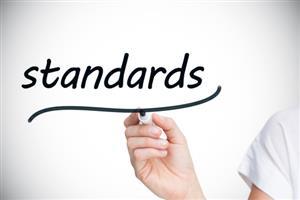
Whichever side of the debate you're on, we have a new president in our country, and that will impact the way we do business. But how will President Trump's policies impact valuing intellectual property? Will he support tighter patent enforcement or reduce the value of intellectual property? Though it will be difficult to determine until these changes go into effect, we can take a look at the expected impacts his administration may have on these aspects of the valuation of a company with strong intellectual property assets.
Changes to Patents and How it Impacts Valuing Intellectual Property
When it comes to intellectual property and patents, many companies don't realize the strong impact it can have on the valuation of a company. But part of the impact involves the current administration's effect on how patent law is enforced. How will President Trump's policies impact your business' value?
Though there haven't really been any strong statements from the President on his views of intellectual property, we can take hints from those around him to get an idea of how things may shape up. Here are a few things to consider for how the current administration may go:
- Vice President Pence was on a House of Representatives subcommittee on intellectual property. His positions during that time suggest he would approve of the reversal of many of the patent reforms proposed during the Obama administration.
- Donald Trump Jr. is known for having worked with a company that took action in a patent enforcement campaign, suggesting that he would support strong patent enforcement and pass that viewpoint on to his father.
- One of President Trump's uncle was a MIT professor and inventor who had 23 patents to his name. Seeing that level of success would undoubtedly impact Trump's views of intellectual property.
- As Chief Strategist to the President, Steve Bannon's views will strongly influence President Trump's intellectual property policies, including his push against patent reforms during the Obama administration.
- President Trump's current pick for Secretary of Commerce is Wilbur Ross, who has written in the past about reducing the theft of intellectual property by China. Paired with Trump's focus on raising import tariffs, this could bolster U.S.patent rights.
But what about the man himself? President Trump has risen to his current position through business savvy, branding and the use of trademarks, so it's expected that he'll strongly enforce patent laws. That being said, the conservative backing that put him into office doesn't tend to approve of spurious lawsuits, so there may be backlash against companies that appear to be patent trolls that are viewed as hampering genuine business innovation.
It can be presumed that these influences will create the environment for strong enforcement of intellectual property rights. This improves the value of innovation and intellectual property in a business. By protecting those rights, there is less chance that a business will lose money to a competitor who may have stolen their concepts.
Though these changes may or may not come to pass, having an idea of how valuing intellectual property will change over the next four years can help you anticipate the impacts of the new administration.








